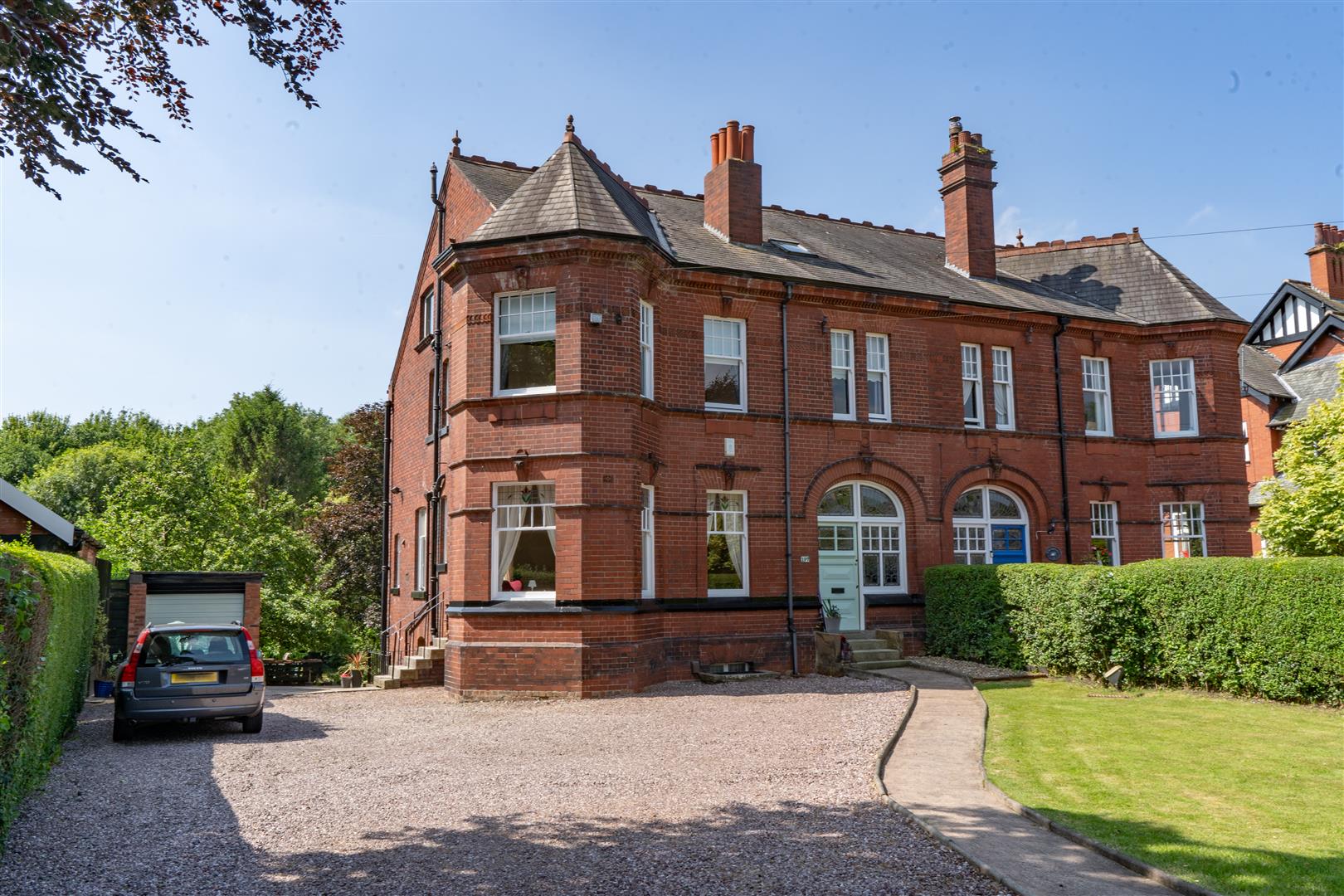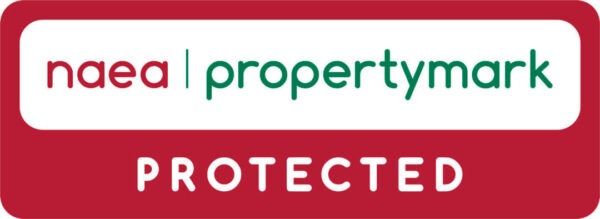What type of driveway works best?
A smart and durable driveway can add value to your home – both aesthetically and financially. Conversely, you won’t be surprised to hear, a scruffy, broken and in-need-of-repair driveway acts as an immediate visual deterrent – kerb appeal is vital for making the best first impression.
If you have just bought a new home and are looking to add immediate, long-term value, not to mention increasing its kerb appeal for your own enjoyment, a new driveway might be just the thing.
So what kind of driveway is best?
This is a big question. Do we mean what kind of driveway is best in terms of durability, or aesthetics, ease of maintenance, cost or environmental impact? Here we will review the different options, with their pros and cons, and let you decide.
Tarmac
Tarmac driveways are a popular choice because they are economical, easy to have installed and easy to maintain. They look smart, but will deteriorate over time – dips form where the car tyres sit, and if you need any pipes or cables laid, cutting into it and then re-tarmacing leaves seams where weeds can encroach. Because tarmac is made from a mix of tar and crushed stone, it has a rough texture that sets fast and is usable very quickly. It’s a permeable surface, which may come as some surprise, but this is a positive as it helps prevent puddles forming. It will last 12-15 years, but can be easily damaged by petrol or diesel – so no leaky cars or filling the lawnmower on it!
Asphalt
Slightly more expensive than tarmac, particularly on a small area, but more aesthetically pleasing, asphalt is a blend of bitumen and aggregates and has a smoother surface than tarmac. It last 15-20 years, as long as you don’t batter it with heavy vehicles, and is a more sustainable choice than tarmac, as it can be lifted and taken away to be re-used elsewhere, and tarmac can’t.
Concrete
Concrete is a solid, durable option that has aesthetic options tarmac and asphalt don’t. A well-laid concrete driveway offers a smooth finish you can customise with different colours and patterns to present a smart approach to your home that will outlast you. Concrete is more durable than either tarmac or asphalt, but it is considerably more expensive. Concrete is also not at all environmentally friendly, with the making of concrete worldwide responsible for eight per cent of global CO2 emissions. It’s not recyclable and not permeable, so puddles and runoff may be a problem.
Resin bound and resin bonded driveways
A resin bound driveway is made by mixing natural stone aggregate with a clear resin. The mixture is then troweled onto a base layer, creating a smooth and seamless surface. Resin bound driveways are permeable, allowing water to drain through to the base layer and preventing the build up of puddles.
Resin bonded driveways are made by applying a layer of resin to a prepared base later, then , adding a layer of aggregate stones. This results in a surface that looks like loose gravel, but isn’t. These driveways are quick and simple to install, and more economical than a resin-bound driveway, but due to the top dressing of stone, are not as durable and can crack and chip over time. They are not permeable, so there is a risk of puddles (and frozen puddles). Their rougher surface however can partially overcome this.
Gravel
Gravel driveways are long-lasting, relatively low maintenance and, as you get to choose the type and colour of the gravel, aesthetically pleasing. These are a great option for a long driveway, sweeping past flower beds and up to the front door. They can be lower cost than tarmac, depending on the type of gravel you choose, and are quick to install. They are permeable – no puddles – and sustainable. You can top up the gravel as you need, no need to bring in the original fitter, and have a long lifespan as a result. Finally, many homeowners see them as a deterrent to potential burglar, as they make a noise the moment you step foot on them.
They do require a little more maintenance than other types of driveway – you will need to keep on top of sprouting weeds, which really appreciate a loose surface to settle seeds and spread their roots, and gravel has a tendency to slip or be dragged off the driveway onto the pavement, which doesn’t look great and will annoy users of the pavement, so regular sweep ups are necessary.
Brick driveways
Brick driveways offer an immediate aesthetic appeal, with a number of designs to choose from. They are also very durable and can withstand the repeated weight and movement of cars, if they are laid properly. As bricks are made from natural materials, they are more environmentally friendly material than concrete, but the making of the bricks is a very intensive process, so they lose points there. Bricks are also permeable, and are laid on a well-compacted layer of gravel, so a well-laid brick driveway won’t trouble you with puddles or runoff.
The initial cost of a brick driveway is up there with concrete driveways, and brick driveways need regular professional cleaning and resealing, which is an added ongoing cost after the initial expense.
We hope our round-up of the various types of driveway you can choose for your home has been helpful!
Eddie – Friday 16th August 2024. (Image used from Urmston Lane, Stretford).



